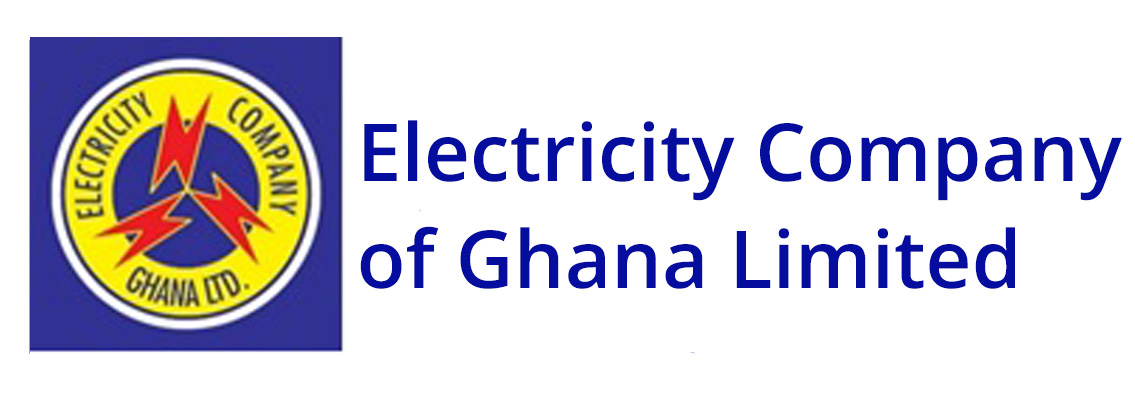How to Calculate Electricity Bills in Ghana
Understanding how to calculate electricity bills in Ghana is essential for effective energy management. This post provides a comprehensive guide, complete with formulas and tips, to help you estimate and control your electricity consumption, empowering you to make informed decisions and save on utility costs.

Understanding how to calculate electricity bills in Ghana is essential for effective energy management. This post provides a comprehensive guide, complete with formulas and tips, to help you estimate and control your electricity consumption, empowering you to make informed decisions and save on utility costs.
As the demand for electricity grows in Ghana, understanding how to calculate your electricity bill becomes crucial for managing energy consumption and controlling utility costs. Whether you’re a household or a business, being able to estimate your electricity expenses empowers you to make informed decisions and embrace energy efficiency. In this post, we’ll provide you with a comprehensive guide on how to calculate electricity bills in Ghana, complete with formulas and tips to optimise your energy usage.
How to Calculate Electricity Bills in Ghana
- Determine the Tariff Category: The first step is to identify your electricity tariff category. Ghana’s Electricity Company of Ghana (ECG) offers various tariff categories, such as residential, commercial, industrial, and special services. Each category has different rates and pricing structures.
- Understand the Unit of Measurement: In Ghana, electricity consumption is measured in kilowatt-hours (kWh). One kWh represents the amount of energy used by a 1-kilowatt appliance running for one hour.
- Record Your Metre Readings: To calculate your electricity bill accurately, record your metre readings at the beginning and end of the billing period. Subtract the initial reading from the final reading to obtain the total kWh consumed during that period.
- Calculate Energy Consumption: Multiply the total kWh consumed by the applicable tariff rate to determine your energy consumption cost. For example, if your tariff rate is GHS 0.50 per kWh, and you consumed 200 kWh, the energy cost would be 200 kWh * GHS 0.50 = GHS 100.
- Include Fixed Charges: In addition to energy consumption, your electricity bill may include fixed charges, such as service fees, taxes, and levies. Add these charges to the energy cost obtained in Step 4 to calculate the total bill amount.
- Consider Time of Use Tariffs: If you are on a time-of-use tariff, where electricity rates vary based on the time of day, you’ll need to calculate your consumption during peak, off-peak, and shoulder periods separately. Apply the corresponding tariff rates to each period and sum up the costs.
- Embrace Energy Efficiency: To reduce your electricity bill, embrace energy efficiency practices. Invest in energy-efficient appliances, switch off lights and devices when not in use, and optimise cooling and heating systems. These small changes can lead to significant savings over time.
CHECK OUT How To Wrap Engagement Gifts In Ghana.
Calculating your electricity bill in Ghana is a fundamental step toward effective energy management and cost control. By understanding your tariff category, measuring consumption in kilowatt-hours, and factoring in fixed charges, you can estimate your electricity expenses accurately. Embrace energy efficiency practices to further reduce your electricity bill and contribute to a sustainable future. Empower yourself with knowledge and awareness, and take charge of your energy consumption for a brighter and more cost-effective future.





